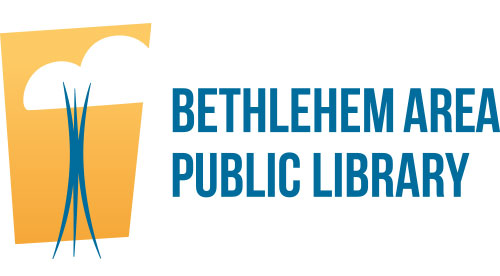Join us (virtually) for an exciting opportunity to hear from John Noble about the conservation efforts at the Masonic Temple. The panel also includes Peter Saenger, Lynn Rothman, and Karen Beck Pooley. The moderator is Breena Holland. It’s a wonderful and highly knowledgeable group. See below for the event information and register here. This series is supported by the Lehigh Valley Engaged Humanities Consortium (LVEHC) Mellon Grant for Public Forums.
April 21, 2021
S.O.S. Save Our Swifts by Saving their Urban Habitat: Modeling a Solution of Cooperation between Conservation and Development, A Panel Discussion
John Noble, Developer and property owner of Masonic Temple and Wilbur Mansion
Peter Saenger, Ornithologist, Lehigh Valley Audubon Society, President
Lynn F. Rothman, Environmental Scientist, Bethlehem Environmental Advisory Council, Chair
Karen Beck Pooley, Professor of Practice, Director of Environmental Policy, Lehigh University
Breena Holland (moderator), Professor of Political Science and the Environmental Initiative, Lehigh University
Developer and property owner, John Noble will tell the story of his commitment to conservation, his discovery of the birds in the Masonic Temple Chimney in South Bethlehem, his decision to save the birds by saving an important part of their migratory habitat and the impact of this decision on his development project. Peter Saenger will speak about the impact of this project on the population of Chimney Swifts, as well as the broader impact of urban development on bird migration. Lynn Rothman will speak about the balance between environmental protection and development. Karen Beck Pooley will speak about how we might design and implement policies that protect wild species in urban areas. Finally, we will invite the public to imagine: What does it mean for a city to befriend a bird? How might the symbolic gesture of naming the Chimney Swift the Bird of Bethlehem impact our relationship to the species? Then how might we implement policy changes that reflect that changing relationship? How might this story encourage a city-wide attitude of respect for wildlife, a changing relationship to the earth?

